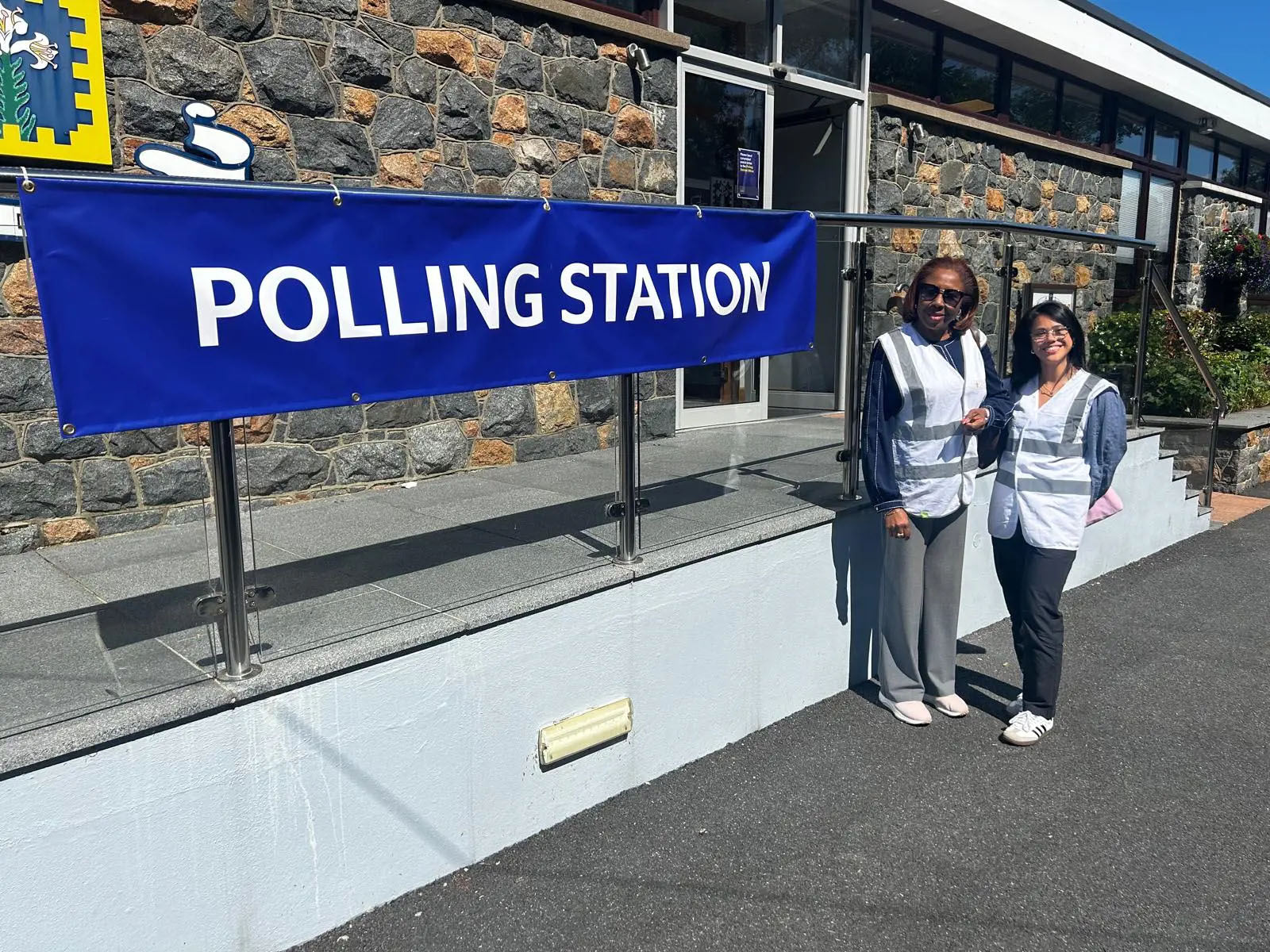Guernsey EOM 2025 Final Report
Published 28 September 2025
The full report into the 2025 Guernsey Election has been published today (28 September).
The report has been written by the Commonwealth Parliamentary Association British Islands and Mediterranean Region (CPA BIMR) Election Observation Mission.
To read the Mission's full findings and recommendations go to: Guernsey EOM 2025 Final Report
The report contains nine recommendations to the Guernsey States Assembly Constitution Committee (SACC), centred around strengthening the democratic processes.
The report follows a preliminary statement, which was released shortly after polling day. The preliminary statement described the election process as being well-organised, well-administered and competent.
While today’s full report is similarly positive, it offers constructive criticism to improve future elections.
Several of these recommendations aim to increase voter turnout and registration. Only 52% of eligible voters registered in 2025, the lowest number since 2000.
The Mission recommended targeted measures to specifically address low participation by young voters. Although it praised efforts to increase voter registration through traditional media, it suggested that more use should be made of social media platforms. It also encouraged civic education programmes in secondary schools and public awareness campaigns.
The report also recommends establishing a permanent and continuously updated electoral roll in order to increase voter registration. It says the current process, in which voters register for each election before a certain date, creates “an administrative burden and risks missing some of the eligible electorate from the electoral roll”.
It also addressed concerns by some candidates that the £3000 campaign expenditure limit was prohibitive but noted that previous recommendations by the SACC to increase the limit have been rejected by the States Assembly. Meanwhile, it said the decision to remove the £500 grant “impacted less well-off candidates”.
The Mission recommends that the States develop a comprehensive legal framework to address current regulatory gaps, including rules on party organisation, campaign conduct, third-party involvement, in-kind contributions, media coverage during campaigns, and the resolution of electoral complaints and appeals.
It also suggested that a code of conduct may strengthen the integrity of the campaign period, promoting respectful public discourse and reinforcing candidate accountability.
Several other factors surrounding the election were also investigated, including the electoral system, the ability of individuals to stand as candidates, the media environment and the right to challenge results.
IMPORTANT CLARIFICATION:
The report included above is an updated version.
An earlier version stated that no election-related complaints were received by the police. However, following clarification from stakeholders, the report has been amended.
The report now correctly reflects that while complaints were submitted, they were not taken forward by the police as they did not meet the threshold for further action.

BIMR Election Observers outside a Guernsey Polling Station